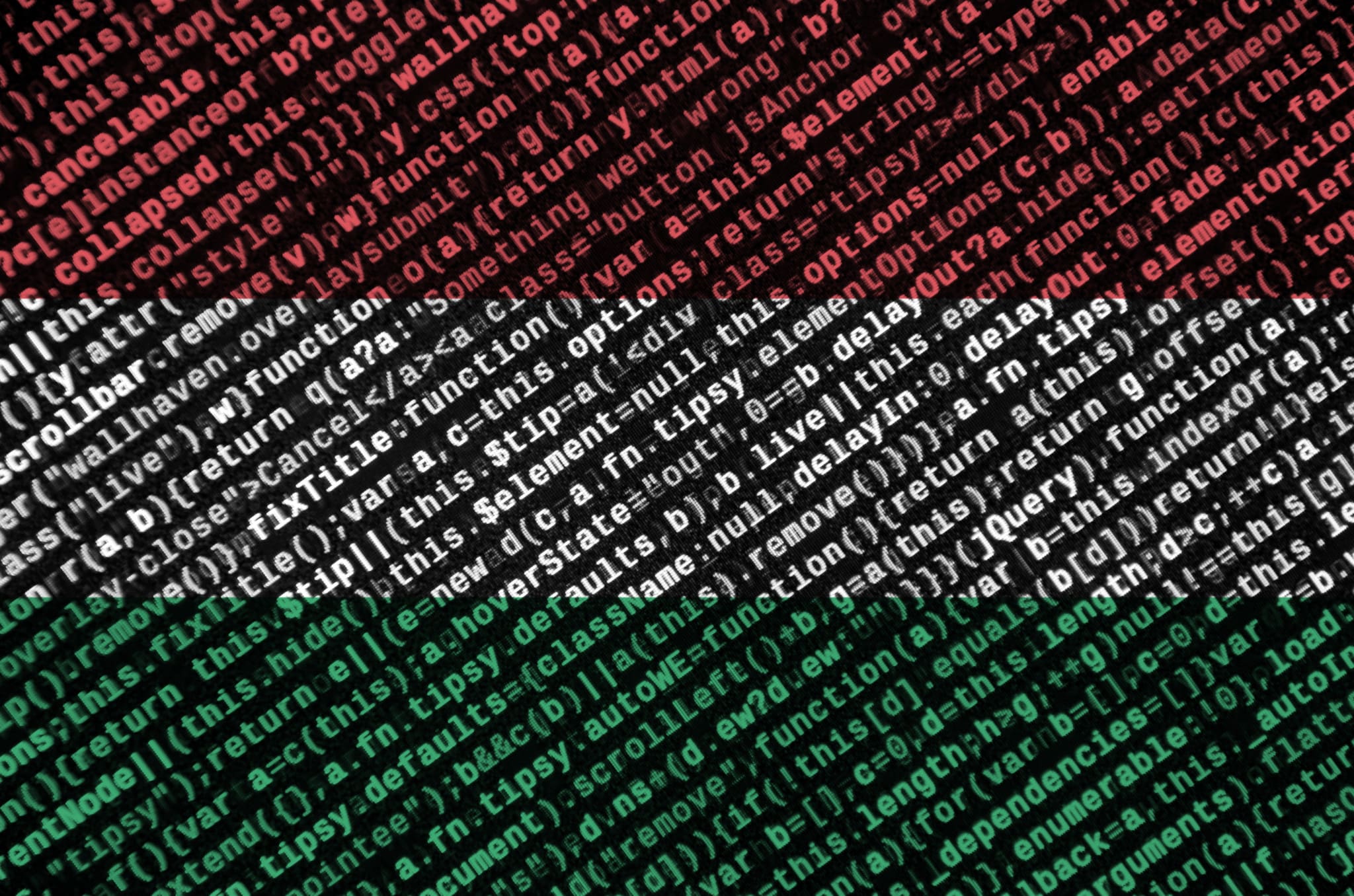Those working in the Hungarian independent conservative daily newspaper Magyar Hírlap were treated to an unwelcome surprise on Thursday afternoon when they could not reach the paper’s online home pages. The outage lasted several hours, while the home page has returned intermittently. The attack followed a ransom email received by all staff at the paper only days before demanding payment in return for allegedly hacked personal information. Unusually for such demands, the email has been written by impeccable Hungarian, showing no signs of being a product of any online translation tools.
The news about the attack were first reported by the largest conservative Hungarian news portal Origo, only for them to fall foul to a similar hacking attack hours later. According to a statement released on their webpage “Origo’s website was hit by a denial of service attack on Friday morning. Shortly after 8 p.m., our editorial office noticed that the Origo site had become inaccessible several times to both readers and our editorial staff. The exact cause of the error is still being investigated, but preliminary investigations have shown that the website has been hit by an external attack.”
The report had also noted that the popular pro-government, conservative news outlet Mandiner had also been targeted by hackers. While Origo is more of a tabloid-style online publication, Mandiner is also published in print and is known for its thoughtful, analytical studies and opinion pieces. The news website was also down due to an attack.
Finally, it was reported that the homepages of a conservative pro-government civic alliance group, CÖF-CÖKA’s website was hacked by unknown perpetrators, and was unavailable for hours. The attack against the latter has been timed to be particularly damaging, as they are the group organizing the peace-march to commemorate the 1956 Hungarian anti-Communist uprising planned for Oct. 23. Due to Covid-19 restrictions, that march was cancelled last year, but it usually is attended by hundreds of thousands of Hungarians, many joining the event with their children and families. Apart from this being a commemorative event for the heroes of the 1956 revolution, it is also widely understood to be a show of support for the conservative, pro-family policies of the government of prime minister Viktor Orbán.
CÖF describes itself as an “organization not supported from abroad,” which is an allusion to the many left-wing anti-government NGOs and civil groups financed from EU funds and supported with money coming from U.S. oligarch George Soros. The march on Oct. 23 is still understood to be going on despite the hacking attack on the organizers, as other Hungarian media outlets have decided to publish the timing and the route of the peace-march on their own websites.
According to fresh reports, opposition news outlets have been also targeted, including the the business portal HVG, the stauch anti-government online publication 444.hu, and the 24.hu.
The type of attacks experienced by these media outlets is a so-called Denial of Service (DoS), during which thousands of computers across the world infected with a particular software virus are programmed to access the homepages of their target simultaneously, causing it to overload and to crash. Hungarian language newspapers are not the only ones attacked by hackers, Remix News’ website has been targeted several times in the past.
The only difference between similar attacks and the ones above seems to be that the hackers are clearly knowledgeable about the Hungarian political landscape, and if the blackmailing emails and the DoS are connected, then they also speak Hungarian in a way that points to relatively well-educated people, who are politically motivated in their actions.
Freedom of the press is something that the current conservative government of Viktor Orbán is constantly criticized for abroad. One of the latest examples is the highly biased Al Jazeera interview with Hungarian Foreign Minister Péter Szijjártó. The current government has also been accused of spying on oppositions journalists with a Spyware called Pegasus, a claim that can easily be traced back to the media and NGO network sustained by the Open Society Funds, and which has been completely refuted by Hungarian government officials.
Yet, the segment of Hungarian media that is discernibly under pressure on several fronts is the independent conservative media: an aggressive censorship campaign on social networks, discrimination from search engines, hacking attacks, and other asymmetric attacks. Now that both left and right-wing news portals have been targeted by criminals clearly intent on destabilizing the Hungarian democratic process, it remains to be seen whether international media will report on the attacks in a balanced manner, or whether this will again be used to support accusations against the conservative-led Hungarian government.





